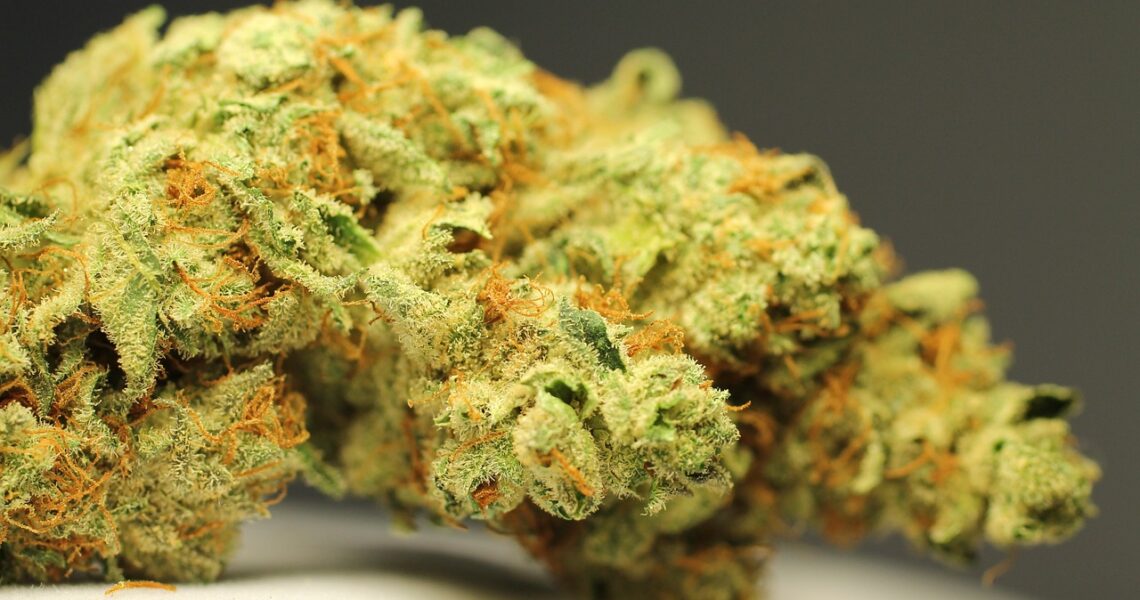THCa Flower: Unlocking the Healing Properties of This Powerful Cannabis Compound
The world of cannabis is vast and varied, with numerous compounds offering a range of benefits. Among these, THCa (tetrahydrocannabinolic acid) has emerged as a compound of interest for its potential therapeutic properties. Unlike its more famous counterpart THC, Fresh THCa flower is non-psychoactive, making it an attractive option for those seeking the medicinal benefits of cannabis without the high.
Understanding THCa: The Basics
THCa is a cannabinoid found in raw and live cannabis plants. It is the precursor to THC, the compound responsible for the psychoactive effects of cannabis. When cannabis is heated through smoking, vaping, or cooking, THCa undergoes decarboxylation, converting into THC. This transformation is what gives cannabis its psychoactive properties.
In its raw form, THCa flower does not produce a high. This characteristic makes it appealing for medical use, as it allows patients to benefit from cannabis’s therapeutic properties without experiencing psychoactive effects.
Potential Health Benefits of THCa
Research into THCa is still in its early stages, but preliminary studies and anecdotal evidence suggest several potential health benefits:
- Anti-inflammatory Properties: THCa may help reduce inflammation, making it a potential treatment for conditions like arthritis and lupus.
- Neuroprotective Effects: Some studies indicate that THCa could protect brain cells, offering potential benefits for neurodegenerative diseases such as Alzheimer’s and Parkinson’s.
- Anti-emetic Properties: THCa might help alleviate nausea and vomiting, which could be beneficial for patients undergoing chemotherapy.
- Antioxidant Properties: As an antioxidant, THCa may help protect cells from damage caused by free radicals.
Case Studies and Research
While comprehensive clinical trials are still needed, several studies have highlighted the potential of THCa:
A study published in the British Journal of Pharmacology explored the anti-inflammatory effects of THCa. The researchers found that THCa could reduce inflammation in animal models, suggesting its potential as a treatment for inflammatory conditions.
Another study in the Journal of Neuroimmune Pharmacology examined the neuroprotective effects of THCa. The findings indicated that THCa might protect neurons from oxidative stress, a key factor in neurodegenerative diseases.
THCa in the Market: Availability and Use
As interest in THCa grows, more products featuring this compound are becoming available. These include raw cannabis flowers, tinctures, and capsules. Consumers can incorporate THCa into their wellness routines by adding raw cannabis to smoothies or salads, using tinctures sublingually, or taking capsules as a supplement.
It’s important for consumers to source THCa products from reputable suppliers to ensure quality and potency. Lab testing and certification can provide assurance of a product’s authenticity and safety.
Legal Considerations
The legal status of THCa varies by region. In some areas, THCa is considered legal due to its non-psychoactive nature. However, the conversion of THCa to THC through decarboxylation can complicate its legal status. Consumers should familiarize themselves with local laws and regulations regarding cannabis and its derivatives.
Personal Stories: Real-Life Experiences with THCa
Many individuals have shared their experiences with THCa, reporting positive outcomes for various health conditions. For instance, some arthritis patients have found relief from pain and inflammation by incorporating THCa into their treatment plans. Others have reported reduced nausea and improved appetite during cancer treatments.
These personal stories, while anecdotal, highlight the potential of THCa as a therapeutic agent. They also underscore the need for further research to fully understand its benefits and applications.
Conclusion
THCa represents a promising frontier in cannabis research, offering potential therapeutic benefits without the psychoactive effects of THC. While more research is needed to fully understand its capabilities, early studies and personal experiences suggest that THCa could play a valuable role in treating a variety of health conditions. As the cannabis industry continues to evolve, THCa may become an increasingly important component of medical cannabis therapies.
